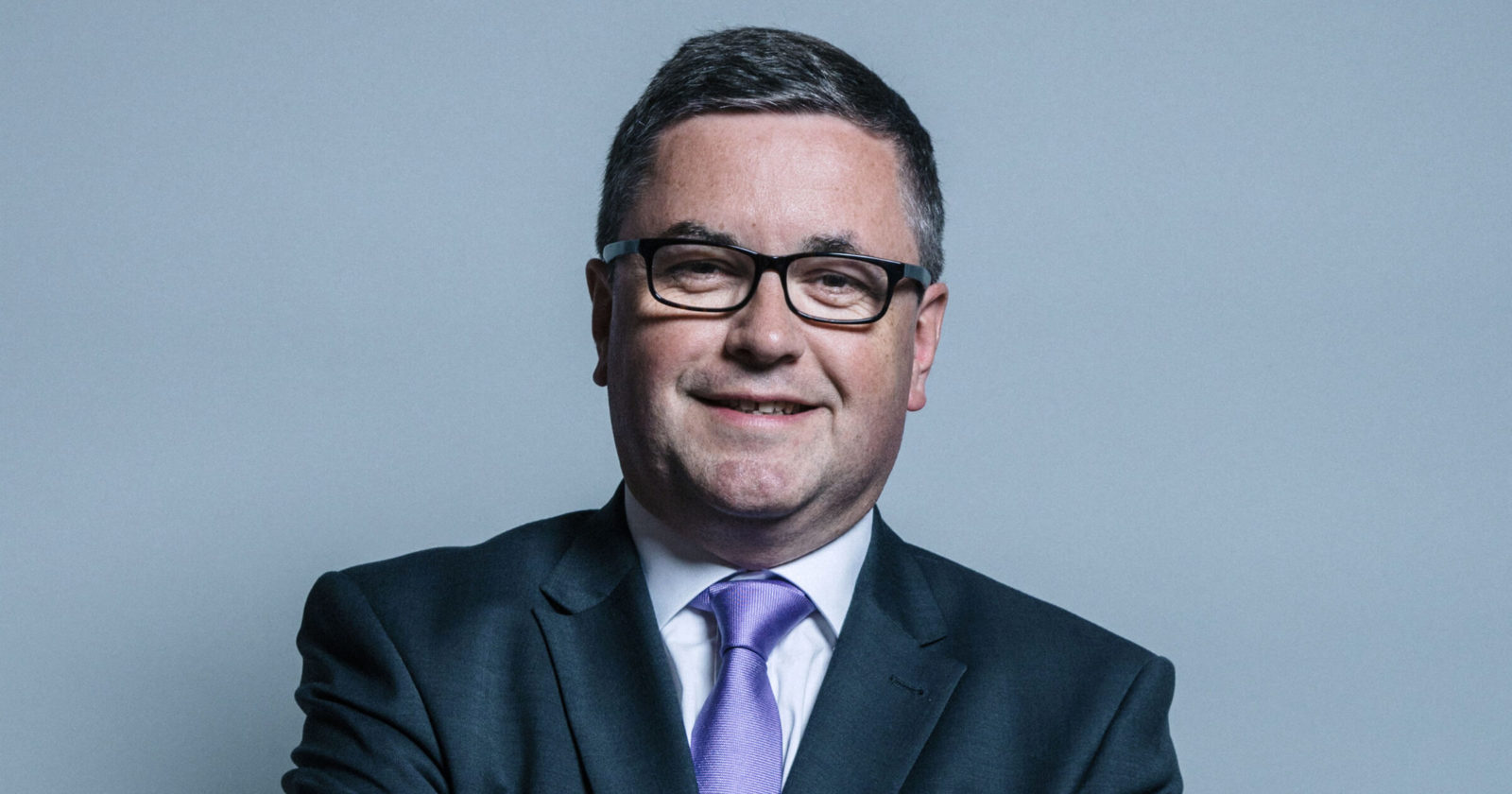The Lord Chancellor Robert Buckland QC has confirmed the Government has “no plans” to introduce assisted suicide legislation.
In a letter to Dr Gordon Macdonald, the CEO of anti-euthanasia group Care Not Killing, Mr Buckland said: “Personally, I have grave doubts about the ability of legislation to be watertight when it comes to the potential for abuse.”
He added: “My predecessor was… supportive of a call for evidence but no call was initiated before he left office, nor… does the Government currently have any plans to initiate a call for evidence. This remains my position.”
Activists have been attempting to introduce assisted suicide legislation to the UK through the courts and through parliament.
In November, the High Court rejected a judicial review of the current law on assisted suicide, with judges stating the court was “not an appropriate forum for the discussion of the sanctity of life”. The Court of Appeal rejected an attempt to challenge this decision last month.
Similarly, in 2018, the Court of Appeal ruled that Parliament was a “better forum” than the courts for determining the issue of legalising assisted suicide.
Parliament has consistently rejected attempts by the assisted suicide lobby to introduce assisted suicide, with 330 to 118 voting against introducing assisted suicide in 2015.
Just last month, strong opposition from MPs resulted in the Government rejecting a call for review on assisted suicide, despite the best efforts from large pressure groups in favour of assisted suicide.
Assisted suicide pressure groups cite a poll that shows there is widespread support for legislation of assisted suicide, yet experts have heavily criticised the polling as deeply flawed. In fact, when asked questions that drill down into the merits of the debate, the percentage of those in support drops dramatically.
In addition to lobbying the Government and parliament, activists have been seeking to lobby medical bodies in the UK.
Not a single doctors group or major disability rights organisation in the UK supports changing the law, including the British Medical Association (BMA), the Royal College of General Practitioners, the Royal College of Physicians, the British Geriatric Society and the Association for Palliative Medicine.
The Royal College of Physicians dropped its long-standing opposition to assisted dying in favour of neutrality following a 2019 membership survey, despite continued opposition to assisted suicide being the most favoured position among those surveyed. The process used by the College is currently subject to a legal challenge. Meanwhile, the results of a recent poll by the Royal College of General Practitioners (RCGP) are due to be released later this month.
The BMA, which is currently opposed to assisted suicide, has launched its first ever survey on the issue. The poll will ask their 160,000 members for their views “on whether the BMA should adopt a neutral position with respect to a change in the law on assisted dying”. The results of the British Medical Association survey will be announced in July at the medical bodies Annual Representatives Meeting.
Assisted suicide pressure group Dignity in Dying (formerly the Voluntary Euthanasia Society), which spent over £1,600,000 last year, said in an email to supporters “that the poll is happening is a significant win” for their campaign. Meanwhile, a large group of palliative care doctors have written to The Times calling on the BMA to continue opposing the involvement of doctors and that assisted dying will not become a medical intervention in the UK.
A spokesperson for Right To Life UK, Catherine Robinson said:
“Despite the best efforts of well-resourced assisted suicide activists, who continue to seek legislative change through lobbying the courts, medical bodies and parliament, there is currently no appetite for such laws from any group.
“The concerns raised by a large number of MPs last month highlighted just a small number of the reasons why the Government should look away from assisted suicide and instead fund better hospice and palliative care.
“Any legislative change could place many vulnerable people at risk of abuse and put pressure on those with terminal and chronic illnesses and on the disabled to end their lives prematurely.
“Evidence from Oregon demonstrates how a so-called ‘right to die’ may become the ‘duty to die’. Feelings of being a burden were cited in 55% of Oregon and 56% of Washington assisted-suicide requests in 2017.
“This is especially the case when families and health budgets are under financial pressure, which makes the Canadian study which found that the legalisation of assisted suicide could save the health care system more than $138 million per year so alarming.
“Legalising assisted suicide would inevitably lead to pressure on vulnerable people to choose the quicker, cheaper option of death over palliative care.”












